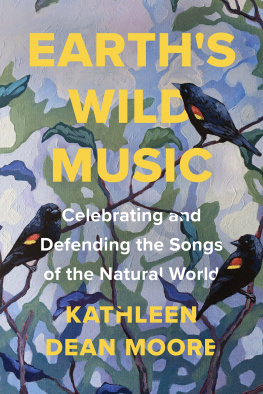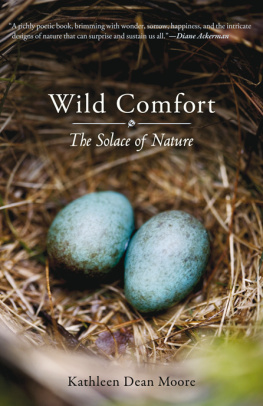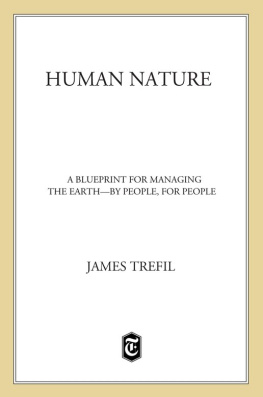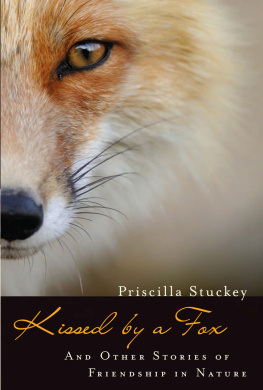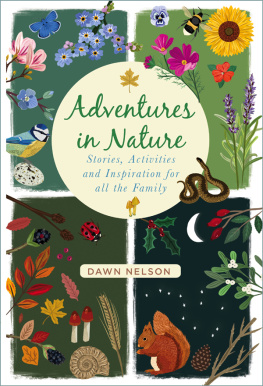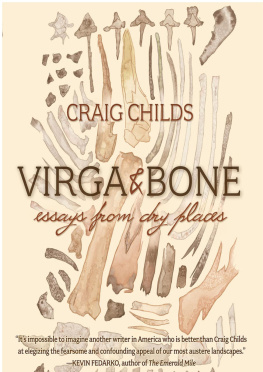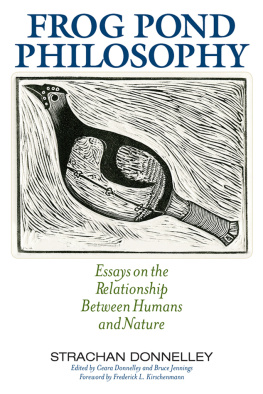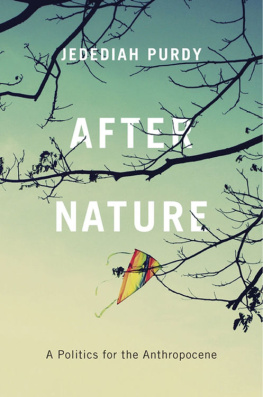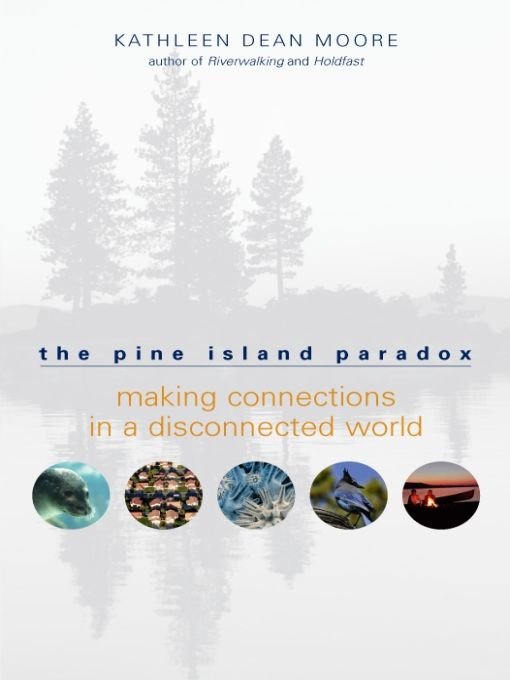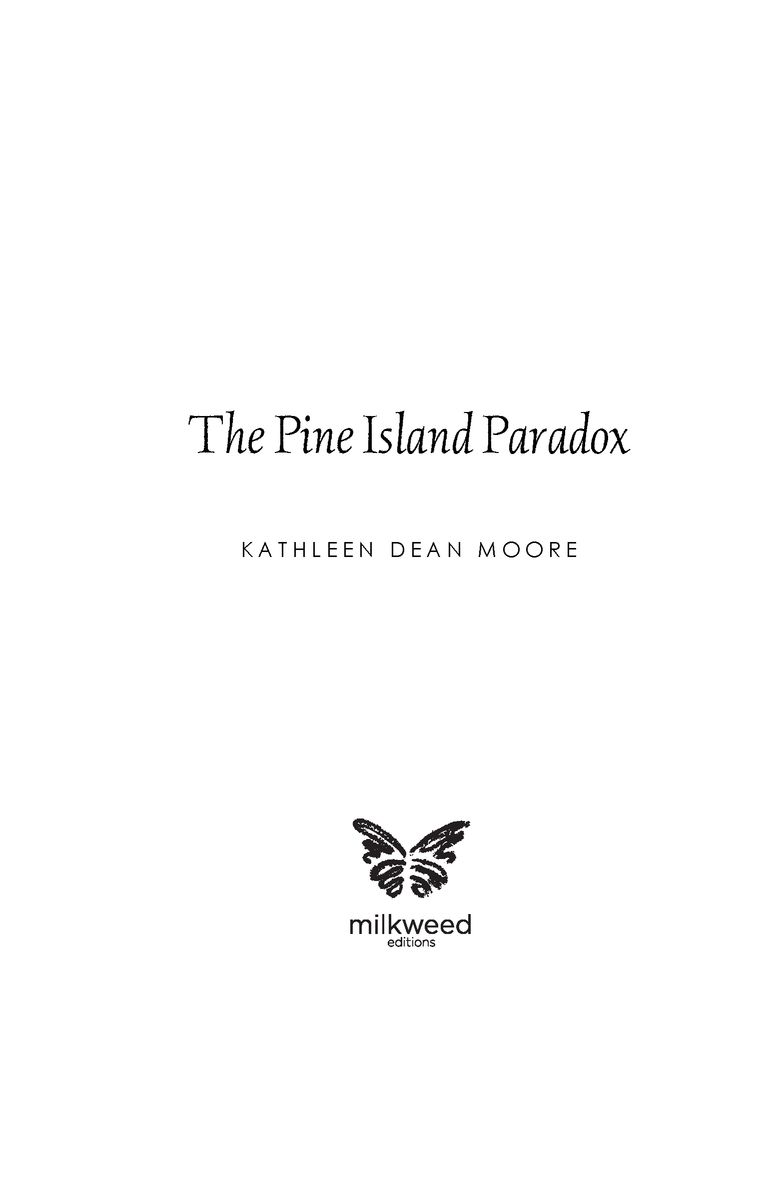Table of Contents
ALSO BY KATHLEEN DEAN MOORE
Holdfast: At Home in the Natural World
Riverwalking: Reflections on Moving Water
To Frank
All or parts of the following essays have been previously published in slightly different forms or under different titles: What It Means to Love a Place in the Shack, Toward an Environmental Ethic of Care in Inner Voice, The World Depends on This in the Oregonian, Fire and Water in Open Spaces, Blowing the Dam in Audubon, The Inheritance of Acquired Characteristics in River, The Road to Cape Perpetua in Wild Earth, This Will Not Come Again in Call of the River, Finis/ Genesis in Interdisciplinary Studies in Literature and the Environment, Another World Could Start Right Here in Hope Magazine.
PROLOGUE
SAY YOU HAVE THE JOB of taking the measure of an island. Say you are a mapmaker. You will need boots and a small boat and a measuring tape. Will you stretch the tape tight around a headland, or will you trace every crevice and acorn barnacle? Will you start when the sea tucks up tight and floods the eelgrass, or when the island spreads out steaming on an ebbing tide? Your task will be harder still if you choose a rainy day or a day of bright wind when waves smack on rock. How will you map the seepage of nitrogen from the alders into the ocean, and the way the haircap moss breathes oxygen that catches in the waves?
On Pine Island, the Alaskan wilderness island where my family camps, I push aside the rubber stems of bull kelp, searching at the edge of water for the place where the land ends and the sea begins. I can stand in the dark heart of the hemlock forest, feet planted firmly on duff, and say, This is Pine Island, or slosh knee-deep into the bay and say, This is the Pacific Ocean. But the distinction doesnt hold up at the edges. The more closely I search, the more elusive the edge becomes. Diving cormorants roost in the crown of the red cedar by the bay, but barnacles grow on the roots that rake the water. Are these land or sea, and at what particular time of day or night? How should I classify my wading children, all water and laughter? And what do I make of the places between the high and low tides, these half-island, half-sea slopes of anemones and sea slugsthe gasping, wincing things?
Again and again, I face an islands paradox: Not even an island is an island. Storm-washed and rain-sodden, so hard to get to, so hard to escape, Pine Island is the very symbol of isolation and exile. But any geographer will tell you that an island is in fact only a high point in the continuous skin of the planet, the small part we can see of the hidden substance that connects everything on earth. Its a signa beautiful, rock-solid, bird-spattered signof the wholeness of being, the intricate interdependencies that link people and places.
WE WHO LIVE in a world mapped by Western philosophy live in a world of islands. While people of wisdom in virtually all other cultures studied the continuities that link human and nature, near and far, the sacred and the mundane into one Whole, Western philosophers were busy making distinctions.
The separations may date from the very beginnings of Western philosophy, on the marble steps of ancient Greece. Not many of us read Democritus and Leucippus anymore, but not many of us doubt what they taught: that all of reality can be reduced to hard little particles, mechanical substance that humans can measure, understand, manipulate, and ultimately control. But are humans mechanical substance only? To solve that problem, Protagoras dismembered human beings, separating the mind, which is not material, from the body, which is. And because only humans are presumed to have minds, Protagoras severed humans from the rest of nature in the same clean stroke.
The divisions widened during the European Enlightenment. Ren Descartes separated mind from body, human from animal, user from used. Francis Bacon separated culture from nature and transformed knowledge into power over the natural world. Capitalist economics transformed the natural world into a commodity. Immanuel Kant insisted that moral duties are imposed by abstract principle, divorced from natural inclination or love. Thomas Hobbes and John Locke argued that humans are essentially individual, related to others through competition for individual rights. Even nature writerscount Henry David Thoreau first among themtaught that only when people leave society and walk alone in the wildness will they find strength and truth.
A philosophy professor myself, I read these books in my own departmentseparated from biology, which is across the street, and history, two blocks east and up three flights of stairs.
And yet, my own experience is of connection. My life is blessed by islands: tide-washed Pine Island, no bigger than a K-Mart parking lot. A nameless yellow-poppy gravel bar in the Willamette River that flows past my town. Rocky bird sanctuaries off the Oregon coast. Here especially, on these islands, I feel most completely part of the natural world and most closely connected to my family, sitting on stones with our feet in the water, watching gulls swirl over herring that turn and flash in the sun.
I listen to the slosh of the sea and the cry of a fish crow in cedars just starting to rustle in afternoon winds. From far away come the voices of my daughter and son, the creak of an oar, the bump of a boatall the quiet music of an island in the tide. What is the place of human beings in the harmony of the whole, and what does that tell us about how we ought to act in the world?
IN THIS BOOK, I want to take the measure of three insulae, three separations drawn onto the worldviews of the Western world. The first is the claim that human beings are separate from, and superior to, nature. If we understand instead that humans are seamlessly connected, are kin, to the natural world, then we might act in more caring ways toward the earth and all its inhabitants. Thus, part one of the book, An Island in the Tides, human/nature.
The second island is the separation between what is near in time and space from what is far away, the illusion that our individual well-being can be disconnected from the well-being of the biological and social systems that sustain usthe air we breathe, the water we drink, the land we harvest, and the local and global communities we live in. If we understand instead that our lives are seamlessly connected to the biocultural whole, then we might find our own integrity, acknowledging that the special care we take of our own interests and homes, we owe also to the future and to the larger world. Thus part two of the book, An Island in the River, near/far.
The third is the separation of the mundane from the sacred, the idea that we live in a material world that has only instrumental value, apart from the sacred, the intrinsically valuable, which exists on a different plane, if it exists at all. If we believe instead that the mundane is sacred, then rather than devalue what we have and yearn for a better place, we might be more attentive to what is wonderful on this earth, living with joy and gratitude. This is the theme of part three of the book, A Coastal Island, sacred/mundane.


